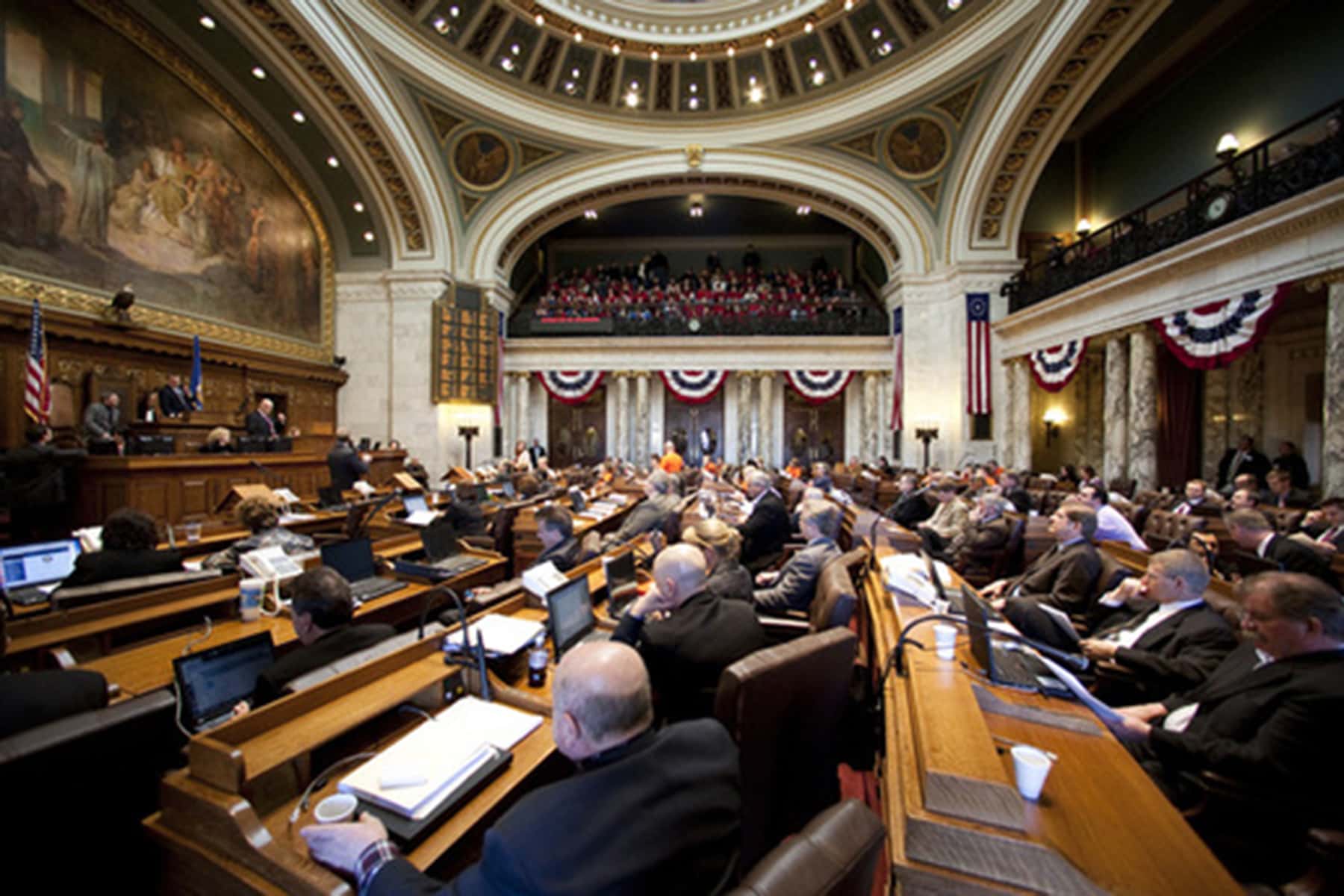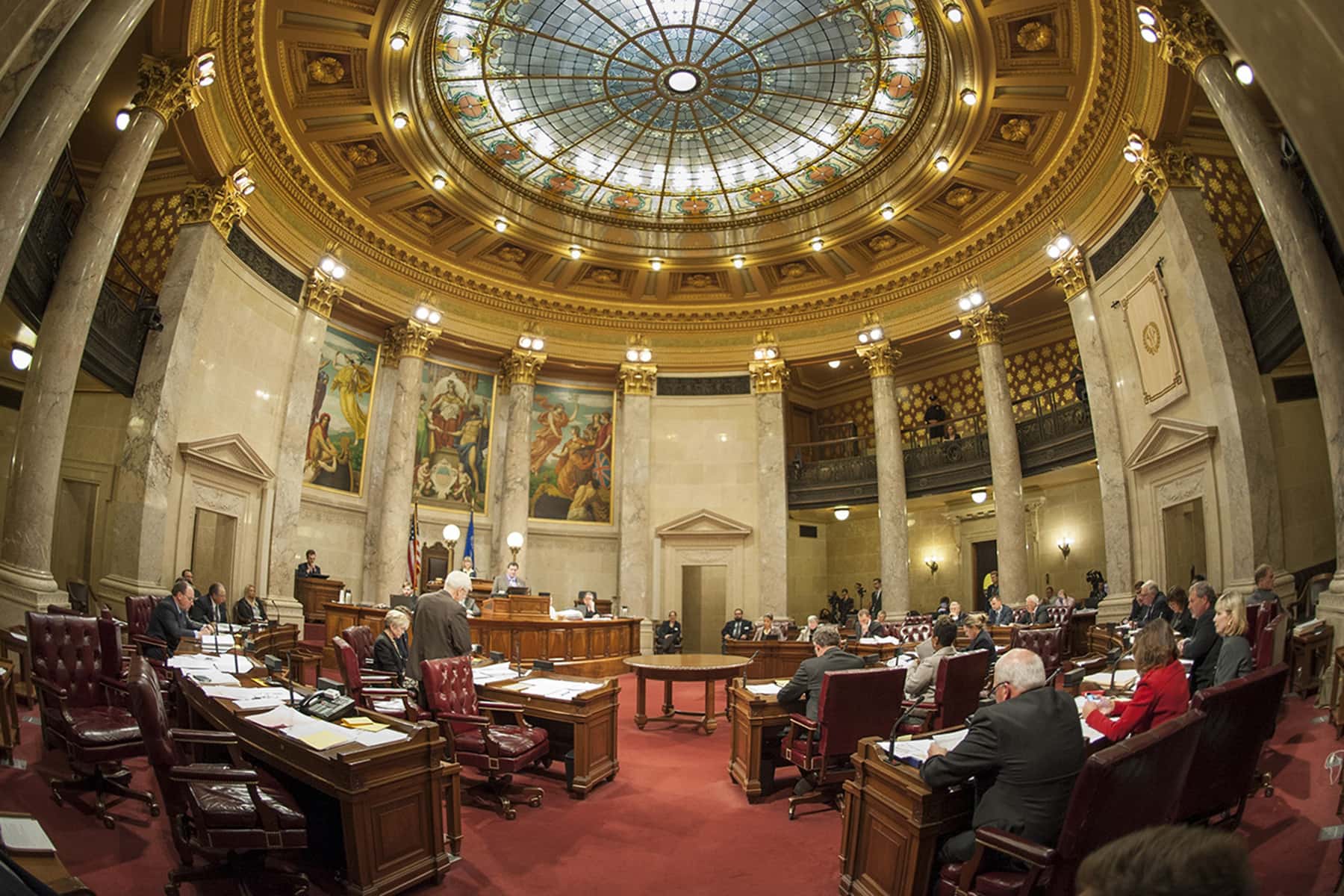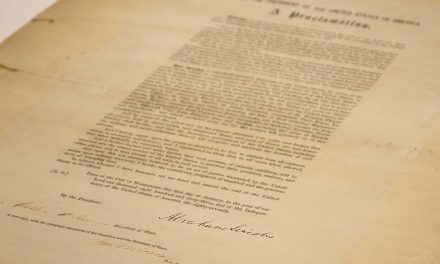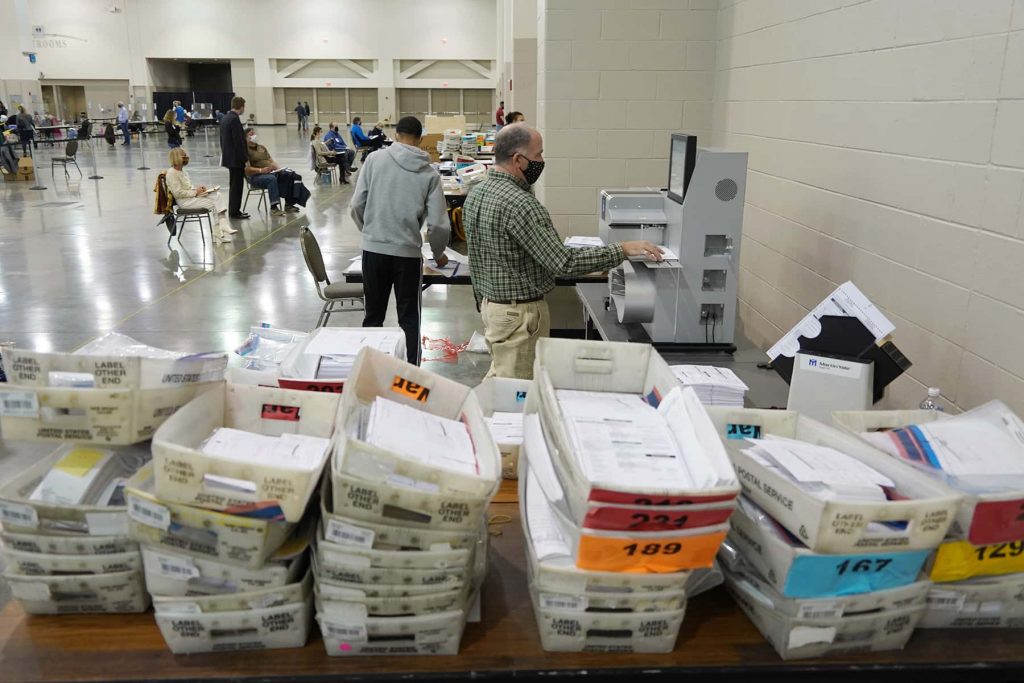
They say what’s good for the goose is good for the gander, but when it comes to public records, the state Legislature doesn’t seem to believe in this principle.
In Wisconsin, cities, police and fire departments, state agencies, and even the governor’s office are required to retain public records and make these available to the public. For example, emails generated by staff in the Department of Justice must be retained for three years from the date of creation and then transferred to the Wisconsin Historical Society or UW-Madison archives. For most of our state’s history, these rules also applied to those who wrote the laws.
But decades ago, when it wrote the law, the Legislature decided to exempt itself from having to retain most records. This exemption means the state’s 99 representatives and 33 senators can simply destroy or delete records in their possession that they would like to shield from public scrutiny.
This quirk in the law has been used by some legislators to protect constituents’ personal information, and by others to hide their communications with corporate interest groups like the American Legislative Exchange Council, or ALEC. And I know that some of my colleagues in the Senate make it a point to delete their calendars daily.
For a state with a rich history of transparency and with technological advancement, this double standard is no longer acceptable. State lawmakers should have to comply with the same record-keeping standard they require for others.
Unfortunately, we have seen transparency slide in the opposite direction in recent years. In 2015, Republican lawmakers passed a budget “999 motion” to limit what records they needed to provide. It was removed from the budget only after public outcry. The Legislature has also limited what the public can know about campaign contributors.
I believe, as I recently told a Milwaukee TV station, that the ability of lawmakers to destroy records is an invitation to corruption, Already, we have seen that some lawmakers have been destroying the emails they received urging them to vote against the package of lame-duck bills they passed in December.
Our public tax dollars pay for all of the functions the lawmakers perform. The public has a right to see records that show who is exerting influence over these allocations.
The fix is easy. We can simply pass a law to delete the legislative exemption to record keeping and bring the state Legislature in line with the Public Records Management and Preservation Program.
This coming legislative session, I will reintroduce a bill I co-authored in 2011 with former state Senators Tim Cullen and Jim Holperin to do away with this outdated exemption. When this bill was last introduced, legislative Republicans refused to even give it a public hearing.
Unfortunately, those in power rarely give it up willingly. What’s needed is a loud and unified public demanding that lawmakers’ records be kept safe and available upon request.
There’s a saying that sums all this up nicely: “We can easily forgive a child who is afraid of the dark; the real tragedy of life is when men are afraid of the light.” There should not be 132 standards for record keeping in the Wisconsin Legislature; there should be only one standard of transparency.
Chris Larson
Wisconsin State Legislature
Originally published as Democracy Depends On Open Government
This column was distributed by the Wisconsin Freedom of Information Council, a group dedicated to open government. Wisconsin state Senator Chris Larson represents Wisconsin’s 7th Senate District and is the ranking Democratic member of the Senate Committee on Education.















